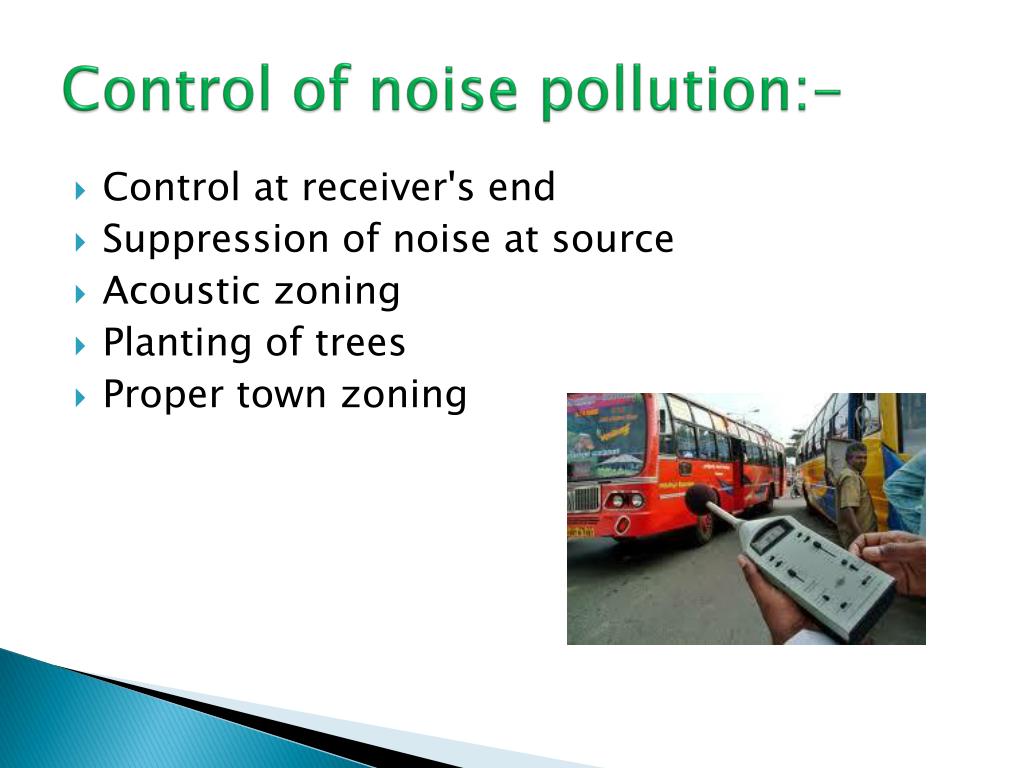

Additionally, while sound can have positive effects on human emotions and behavior, noise can cause stress, annoyance, or even health problems in certain cases. Thus, the main difference between noise and sound is that sound is a physical phenomenon that can be intentional or desired, while noise is a subjective perception of sound that is unwanted or distracting. Resource issues: Congress created the Office of Noise Control and Abatement (ONAC) within the EPA in 1972 to coordinate federal monitoring and regulation of.

Noise can be characterized by its randomness, irregularity, or unpredictability, and it can arise from various sources, such as machinery, traffic, crowds, or environmental factors. It is a type of sound that is considered undesirable or irrelevant in a particular context or situation. On the other hand, noise refers to any unwanted or disturbing sound that causes physical discomfort. It is a physical phenomenon that can be perceived by the human ear and has characteristics such as frequency, amplitude, and waveform. Sound refers to any audible vibration of air particles that propagate through a medium, such as air, water, or solids.

Noise and sound are two related but distinct concepts in acoustics and communication.


 0 kommentar(er)
0 kommentar(er)
